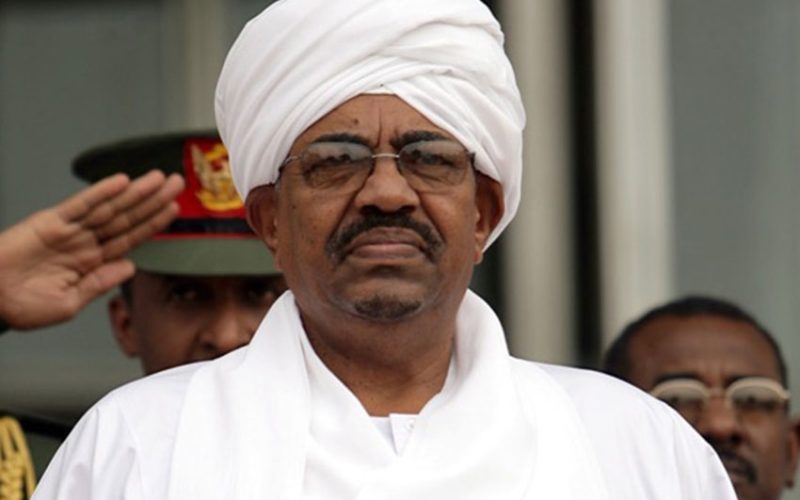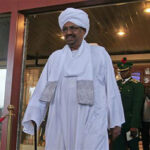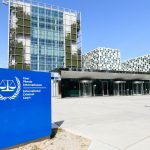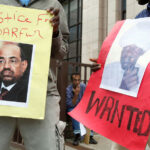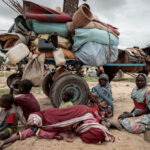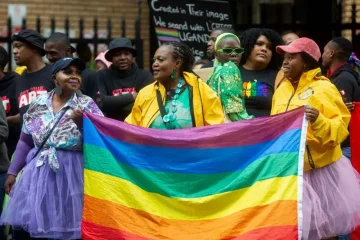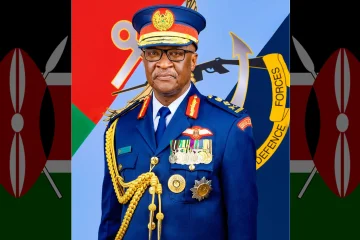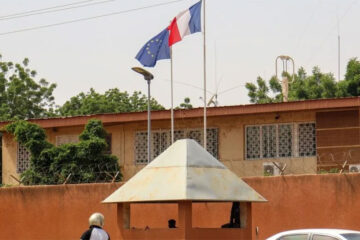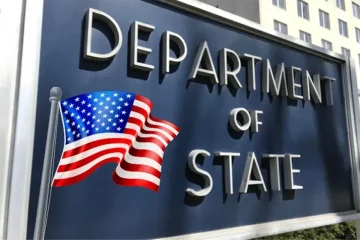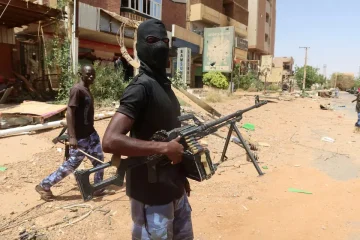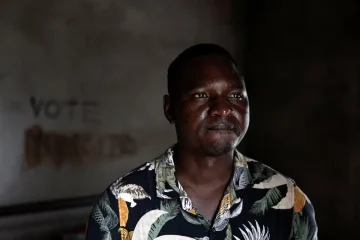ONE of the key people accused of war crimes and genocide in Darfur in the early 2000s said yesterday he would prefer to be tried in front of the International Criminal Court (ICC) rather than what he said were biased Sudanese courts.
Ousted President Omar al-Bashir has for years resisted the ICC warrants against him and four close allies over the conflict in Sudan’s western region that killed an estimated 300,000 people and drove 2.5 million from their homes.
They face charges at The Hague of genocide, war crimes and crimes against humanity for atrocities committed by pro-government forces in Darfur beginning in 2002.
“An authority with this kind of miserable performance will not be able or willing to carry out justice,” one of the four allies, Ahmed Haroun, said in a statement verified by his family, referring to Sudanese courts.
“… And so I state with full confidence that it is better for my case to be argued, if there is a case worth arguing, in front of the International Criminal Court.”
Another of Bashir’s allies, Ali Kushayb, surrendered to the ICC in the Central African Republic in June.
The ICC issued arrest warrants for Bashir in 2009 and 2010 accusing him of masterminding atrocities in his campaign to crush a revolt in Darfur region.
Sudan’s transitional government, formed after an uprising that removed Bashir and sent him, Haroun, and several others to jail in April 2019, has said it will cooperate with the ICC and ICC officials have visited Sudan.
But it is not yet clear whether the defendants will be sent to The Hague or tried inside Sudan.
There was no immediate statement from Sudan’s public prosecutor.
In his statement, Haroun said that he refused to testify as part of a Sudanese investigation into the Darfur conflict, complaining that he had been detained indefinitely and that many judges and prosecutors had been removed by the transitional government.
While he described the ICC prosecution as politicised, Haroun said he felt he would be more likely to receive a fair trial in The Hague.

